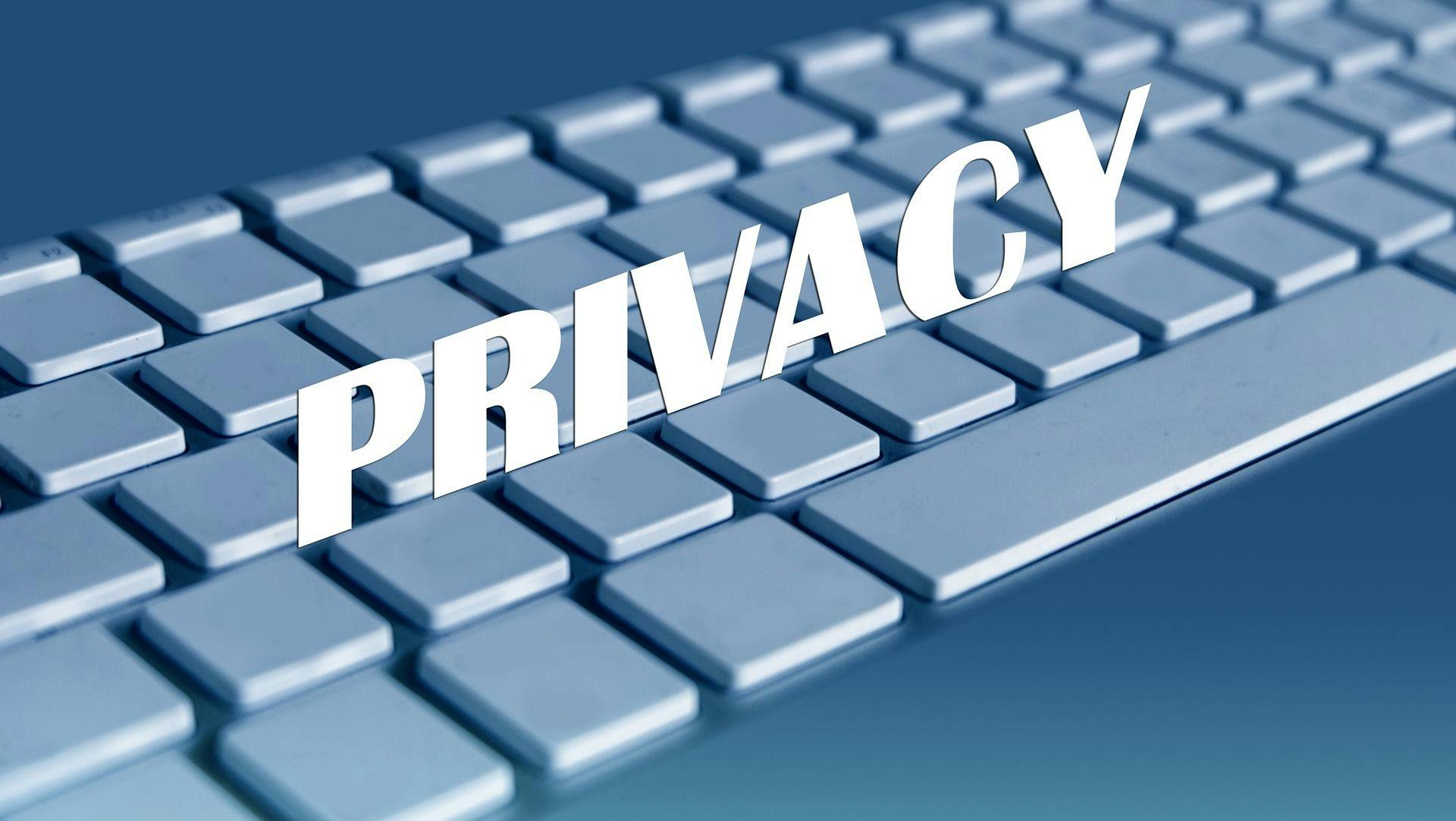178 reads
Data Privacy In Social Media Matters and Here's Why
by
February 16th, 2021

Rakesh Soni is CEO of LoginRadius, a leading provider of cloud-based digital identity solutions.
About Author
Rakesh Soni is CEO of LoginRadius, a leading provider of cloud-based digital identity solutions.
Comments
TOPICS
Related Stories
Tools for Bot Development
Apr 22, 2016
